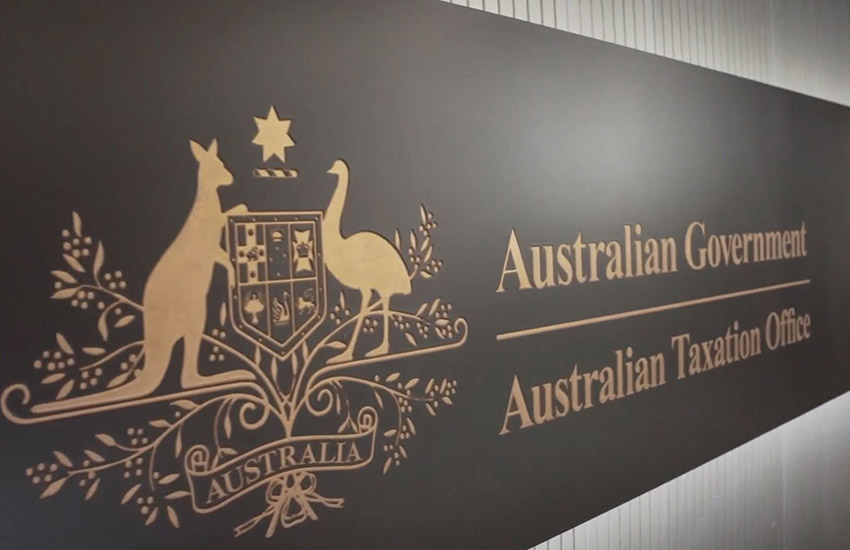The guidance follows promises from the Tax Office in January to publish centralised, targeted information online instead of writing to individual audit firms, as it had previously advised.
“This web content will provide approved self-managed super fund (SMSF) auditors and other tax professionals with guidance on how to comply with the independence standards in APES 110 Code of Ethics for Professional Accountants (including Independence Standards) (2018) (the Code), which became effective on 1 January 2020,” the ATO said.
You’re out of free articles for this month
In the guidance, the Tax Office offers general advice on independence requirements, advising practitioners how to identify threats to independence, along with more acute points of contention, like in-house auditing, and the complexities surrounding non-assurance services.
“In broad terms, this involves identifying any threats to independence, evaluating whether those threats are at an acceptable level,” the ATO said, “and addressing any threats that are not at an acceptable level.”
Addressing the intricacies involved with independence threats in non-assurance services, the guidance highlights specific independence requirements for firms and network firms that provide non-assurance services to SMSF audit clients.
“The term ‘in-house audit’ is not defined in the code. However, it is used to commonly refer to a situation where the audit of an SMSF is conducted by an auditor who works for a firm or network firm that provides non-assurance services to the SMSF trustee(s),” the ATO said.
“Before a firm accepts an engagement to provide a non-assurance service to an audit client, the firm or network firm must determine whether providing the service might create a threat to independence.”
Firms providing audit services combined with accounting, compliance and administration to SMSF clients now need to be wary of exposing themselves to independence threats, said Dr Jane Rennie, general manager of external affairs at CPA Australia.
“The ATO has warned in new guidance that these ‘in-house’ audits are only permitted in limited circumstances,” Dr Rennie said. “If auditors make decisions for SMSF clients which involve management responsibility, they will fall foul of the independence requirements.”
With its guidance on non-assurance services also comes a cautionary threshold on fees generated by one referral source. Firms that rely on one referral source for more than 20 per cent of the firm’s total fees, according to the ATO, are more likely to risk not meeting independence requirements.
But the threshold should be considered as guidance, not law, Dr Rennie said.
“The inclusion of a specific benchmark may come as a surprise for audit firms, as such thresholds for referrals sources are not currently contained in the Code of Ethics,” she said.
“However, the ATO has based it on best practice and it is a guide rather than a bright line. The threshold needs to be considered over a period of time to allow for the lifecycle of the firm.”
Also included in the guidance are clearer directives on management responsibility prohibition, what constitutes a routine or mechanical test, and issues for firms when restructuring.
On the release of its new guidance, the ATO said its approach to compliance until 1 July will remain an educative one. But after that, it will crack down on SMSF auditors in breach of the code. Firms who fall short of the code, the Tax Office said, can expect to be referred to ASIC.
“If we find firms are breaching the independence standards after 1 July 2021,” the ATO said, “we may refer the approved SMSF auditor to the Australian Securities and Investments Commission (ASIC) for further action.”
Dr Rennie said that, by now, most firms should be on their way to meeting the standards, and that CPA is of the position that compliance action shouldn’t be delayed after 1 July.
“We’re not in favour of delaying implementation at an industry level,” she said. “The ATO has indicated a willingness to work with individual firms provided they are approached early.
“This should be sufficient to manage firm-specific issues.”
View the ATO guidance in full here.

 Login
Login







